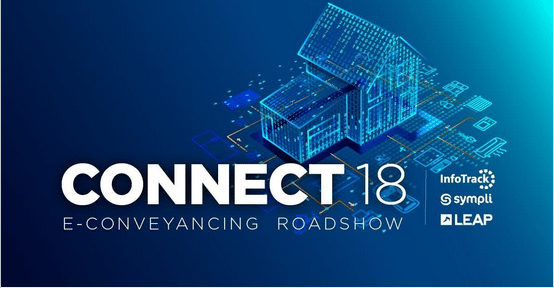Practical issues relating to the remote signing of documents such as agreements, deeds, wills and powers of attorney by companies and individuals
Remote signing of documents has become an important issue for solicitors and their clients due to the coronavirus pandemic. Face to face meetings are now largely excluded meaning clients are unable to attend at their lawyer’s office to sign documents.
Documents which must be signed need to be mailed or emailed to clients and then signed remotely.
Signatures
Signatures establish the identity of the person signing and their intention to create legal relations. It is this intention indicated by placing their mark on a document that gives it its legal character or functionality, not the mark itself. There is no real distinction made at law between handwritten signatures, marks or electronic signatures. Signing a document electronically might be done by typing one’s name, pasting an image of one’s usual signature, using a stylus or finger on a touchscreen or using e-signing software.
Agreements
An agreement can be in electronic form and executed electronically, if witnessing is not required.
Most contracts, such as the contract for the sale of land, do not require a witness.
If witnessing is required, it can be done electronically provided the witness is present when the deed is signed. If witnessing is not possible this way due to virus related isolation, then the counterparty will need to agree to another method.
Electronic conveyancing requirements
A Client Authorisation Form may be electronically signed, subject to specific jurisdictional requirements. Whilst the Verification of Identity Standard requires a face-to-face in person interview, compliance with the standard is not mandatory and taking ‘reasonable steps’ to verify the identity of the client, such as by video meeting, is sufficient.
The By Lawyers Contract for Sale of Land in NSW and in VIC allows for electronic exchange and electronic settlement in compliance with electronic transactions legislation and the Verification of Identity Standard rules.
Deeds
Deeds usually require signatures to be witnessed and to be in writing.
An electronically-signed deed that is immediately printed out on paper may satisfy the common law requirement for paper with the first printed version being the original deed rather than a copy. However, parties to a transaction are better served to agree in advance to the acceptability of a particular form of deed and its electronic signature. Similarly, checking before execution the requirements of organisations such as registries with whom the deeds must be registered will ensure their acceptability.
As mentioned above, witnessing can be electronic provided the witness is present when the deed is signed. If this is not possible then the counterparty will need to agree to another method.
An acceptable method might be by video attendance of the party’s lawyer who on return of the signed deed certifies it to be identical to the one submitted for signing and that the signing was witnessed by video.
Wills
The issue with executing wills remotely given social distancing, is the availability of two witnesses who are not themselves beneficiaries.
Where the required two disinterested witnesses are not available, the will may be executed informally, by the testator, who after signing it, returns it to their solicitor with a statement that they intend it to be their last will and testament. Accompanied by an affidavit explaining the signing in the prevailing circumstances, perhaps with video witnessing, a grant of probate of the informal will is likely to be made if required. Once the pandemic ends the will can be properly signed.
Powers of attorney
A general power of attorney does not need a witness and can be signed remotely.
However, an enduring power of attorney must be witnessed by a prescribed witness – usually the principal’s solicitor – who must also certify that they explained the effect of the document to the principal and that they appeared to understand it. On that basis remote signing is technically impossible.
Where a face to face meeting – even one at an outdoor location with appropriate distancing – is not possible, the document could be sent to the client by post or email for their written or electronic signature. Their lawyer could hold a video conference with the client and explain the document and see it signed by their client. When returned the lawyer can certify that they gave the explanation and were satisfied as to the principal’s understanding, but whilst unable to personally witness the document being signed, they witnessed the signing in video conference.
In this practical way the power is likely to be acceptable in most cases where there is no issue raised.
Where this approach is taken, the risks that the document may not be effective need to be explained to the client and appropriate file notes made.
Appointments of enduring guardian and Advance medical directives
The same witnessing and certification procedures apply to these instruments as for enduring powers of attorney. Similar practical, emergency measures might be undertaken.
Company execution
It is arguable whether a company can execute a document electronically under s 127 of the Corporations Act 2001.
However, in this busy world of commerce it is common for documents to be signed by duly authorised officers, or one director, or by a duly appointed attorney.
Generally
The ongoing response to Coronavirus means that emergency measures are rapidly being introduced to modify the usual signing and witnessing requirements. For example, some courts will currently accept unsigned affidavits on the basis that they will later be formally executed if necessary. The website of each court should be referred to as required.
Keep up-to-date with our latest COVID-19 News & Updates

